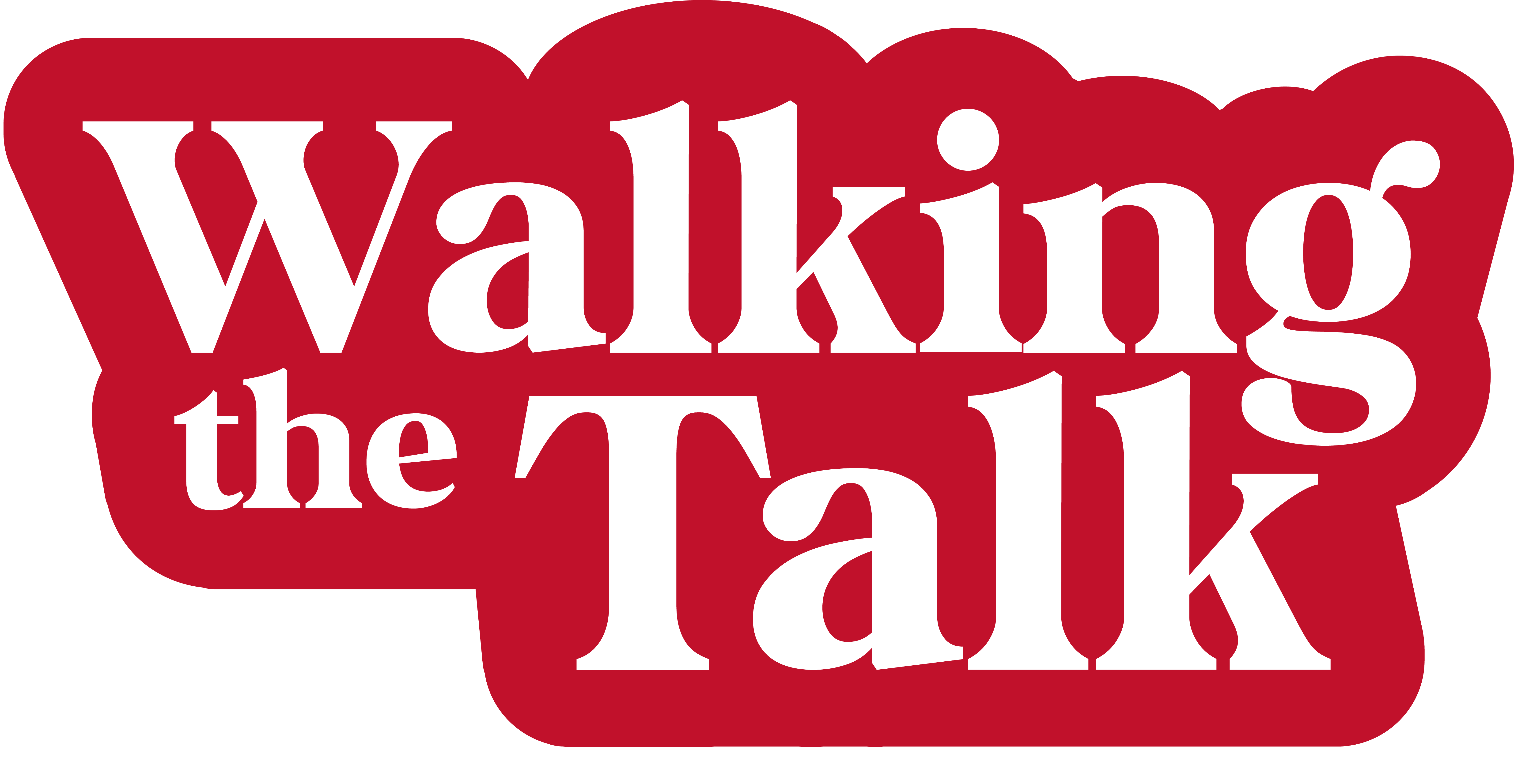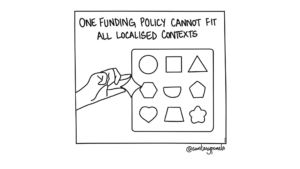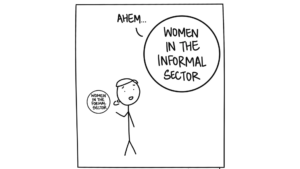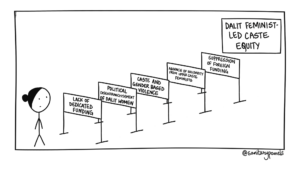Key information
Research track: Track 1 – Show us the public money
Regions: East Africa
Researchers: Stellah Bosire and Memory Kachambwa
Summary
The Debt2Health- 4 Gender Equality initiative offers a transformative approach to addressing unsustainable debt while promoting gender equality and supporting feminist movements in low- and middle-income countries. By converting debt repayments into investments in public health and gender-focused programs, this initiative not only alleviates financial burdens on debtor countries but also fosters social and economic development through gender equality. Effective advocacy for this initiative requires a strong emphasis on securing commitments from creditor nations, prioritizing gender equality in public health investments, and ensuring direct support for feminist organizations.
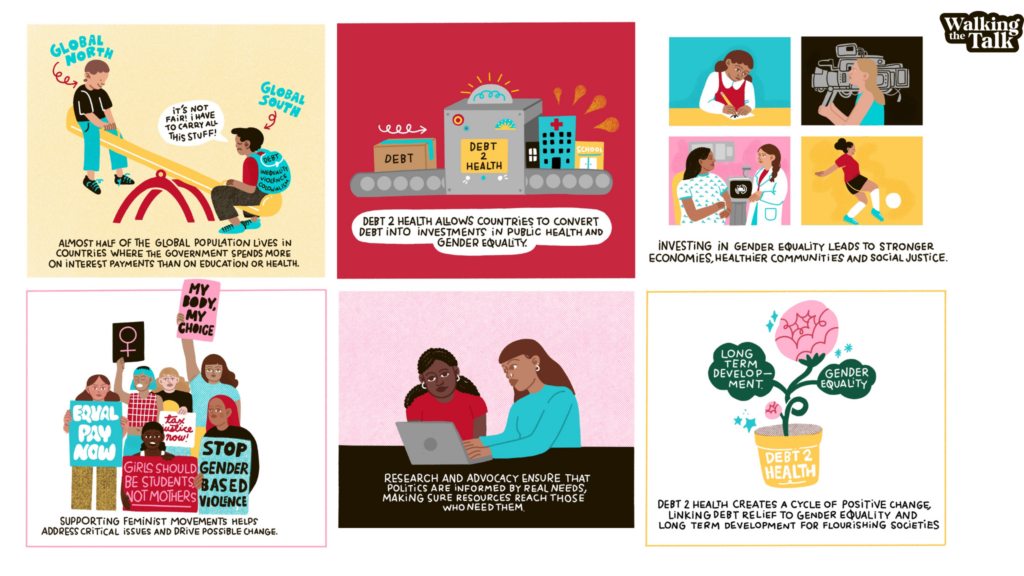
Advocacy Asks
- Increased Commitment to Gender-Focused Debt Conversion: Urge creditor nations and international financial institutions to expand the scope of the Debt2Health initiative, ensuring that debt conversion agreements explicitly include commitments to gender equality and support for feminist movements. This can be achieved through targeted advocacy with global bodies such as the G20, UN agencies, and other multilateral platforms;
- Prioritization of Gender Equality in Public Health Investments: Advocate for the allocation of converted debt resources to public health programs that prioritize gender equality- reproductive health, economic empowerment, and gender-based violence;
- Support for Feminist Organizations: Ensure that a significant portion of Debt2Health funds is channeled to grassroots feminist organizations through the establishment of mechanisms that allow these organizations to access funding directly, bypassing bureaucratic barriers that often limit their reach.
Methodology
Secondary Research-Analysis of Previous Debt Conversion Programs:
- Examining the outcomes and lessons learned from past debt conversion initiatives, particularly those that have integrated gender equality and public health objectives.
Semi-Structured Interviews:
- Insights on Debt Conversion: Gathering perspectives on the feasibility, challenges, and potential impacts of using debt conversion as a tool for promoting gender equality
- Identifying Barriers and Enablers: Understanding the specific barriers to gender-focused investments in public health and how these can be overcome through policy, advocacy, and program design
